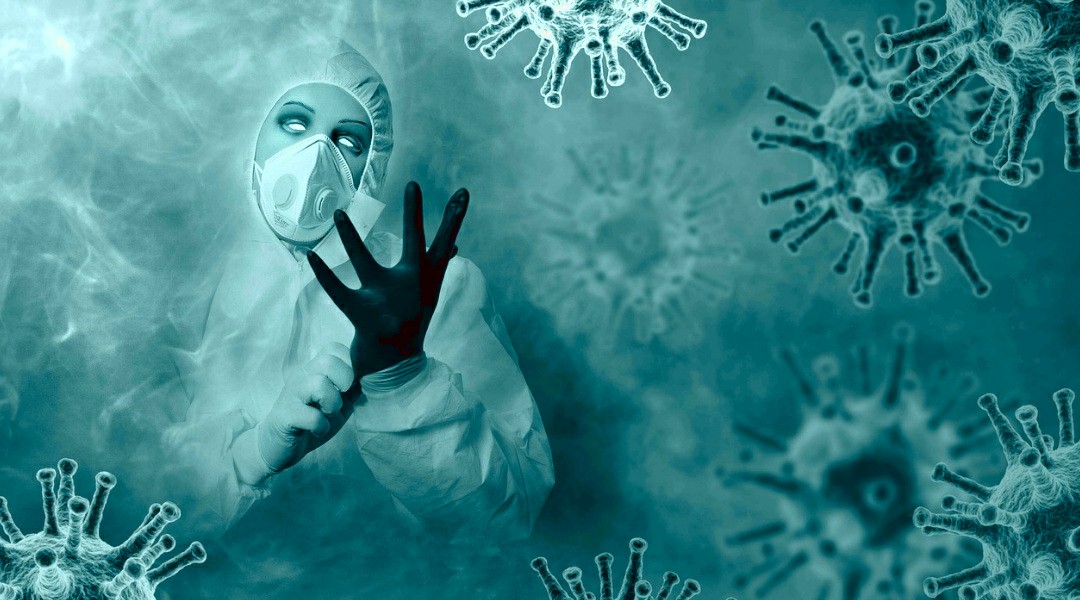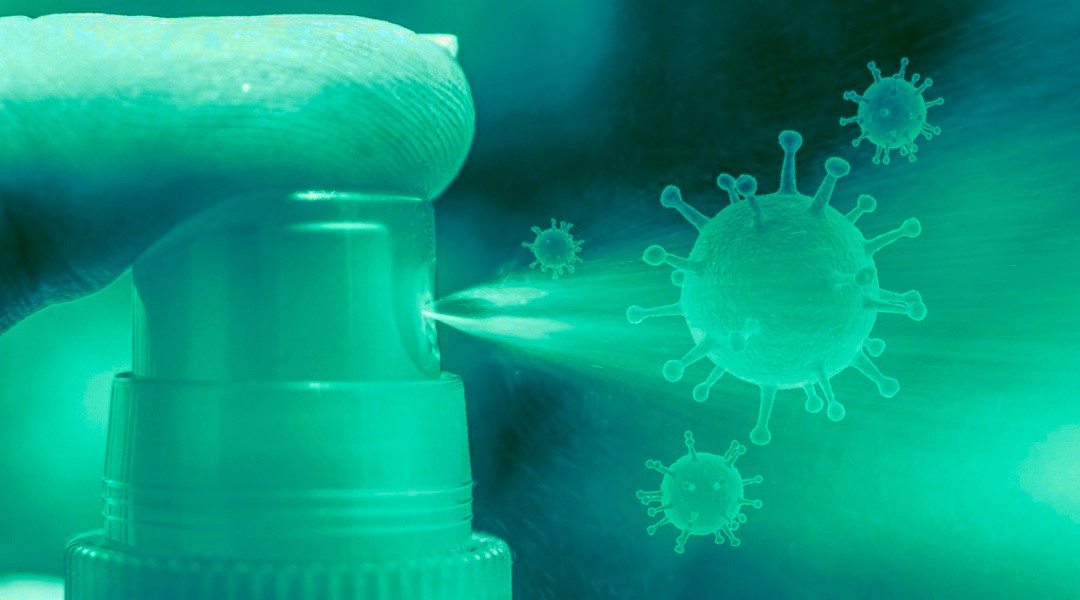SARS-CoV-2 antibodies wane over several months

Massive study in UK finds coronavirus antibodies wane over several months
UK researchers are suggesting levels of antibodies produced by the immune system in response to SARS-CoV-2 may significantly drop in the months following an initial infection. Testing hundreds of thousands of subjects over three months, a study saw the prevalence of antibodies drop, raising questions over long-term immunity.
For many months now, researchers have been using antibody tests to retroactively understand how the novel coronavirus has spread throughout different populations. Antibodies against the virus, detectable in finger-prick blood tests, can effectively indicate whether a person has been previously infected.
The new research tested 365,104 adults, across three rounds of testing between June and September. Over the study period more than 17,000 subjects tested positive for SARS-CoV-2 antibodies, and 30 percent of those subjects presented with asymptomatic infections.
The prevalence of antibodies declined across the three rounds of testing, from 6 percent in the first round to just 4.4 percent in the most recent round. The biggest drop in antibody prevalence came in those subjects with no reported history of COVID-19. This suggests antibodies may decline more rapidly in those milder asymptomatic cases, compared to those presenting with more severe symptomatic infections.
“This very large study has shown that the proportion of people with detectable antibodies is falling over time,” explains Helen Ward, one of the authors on the new study. “We don’t yet know whether this will leave these people at risk of reinfection with the virus that causes COVID-19, but it is essential that everyone continues to follow guidance to reduce the risk to themselves and others.”
One significant implication of these new findings is that prospective antibody studies may not be useful in tracking how many people in a given population have been infected with the virus. If detectable antibodies do begin to wane a few months after an infection then these kinds of tests are not helpful in measuring cumulative population exposure.
The new study does not offer any explicit insight into questions regarding coronavirus reinfection or long-term immunity. Paul Elliott, director of the antibody research program at Imperial College London, suggests waning antibodies do not necessarily mean a person can be reinfected with the virus but, on the other hand, the presence of antibodies does’t imply immunity either.
“Testing positive for antibodies does not mean you are immune to COVID-19,” says Elliott. “It remains unclear what level of immunity antibodies provide, or for how long this immunity lasts. If someone tests positive for antibodies, they still need to follow national guidelines including social distancing measures, getting a swab test if they have symptoms and wearing face coverings where required.”
Alexander Edwards, from the University of Reading, says decreasing antibody levels are not necessarily the same as losing immunity, pointing out that antibody levels naturally decrease as people recover from an infection. So it isn’t unusual to see the prevalence of antibodies drop in the community.
“What is not clear is how quickly antibody levels would rise again if a person encounters the SARS-CoV2 virus a second time,” says Edwards, who did not work on this new study. “It is possible they will still rapidly respond, and either have a milder illness, or remain protected through immune memory. So even if the rapid antibody test is no longer positive, the person may still be protected from re-infection.”
Eight months into this pandemic one of the biggest unanswered questions is how long immunity lasts following an initial infection. Clinically confirmed cases of COVID-19 reinfection are still very rare, and despite this study finding antibody levels seem to decline, there are several other strategies our immune system uses to battle infections.
“… it would be premature to assume that this means that immunity to SARS-CoV-2 does not last,” says Eleanor Riley, an infectious disease expert from the University of Edinburgh, “the study does not look at antibody concentrations, antibody function or other aspects of immunity such as T cell immunity and does not look at the trajectory of antibody levels in the same individuals over time.”
Read the whole story at New Atlas
The new study, available as a PDF here, is yet to be peer-reviewed and published in a journal.
Source: Imperial College London


